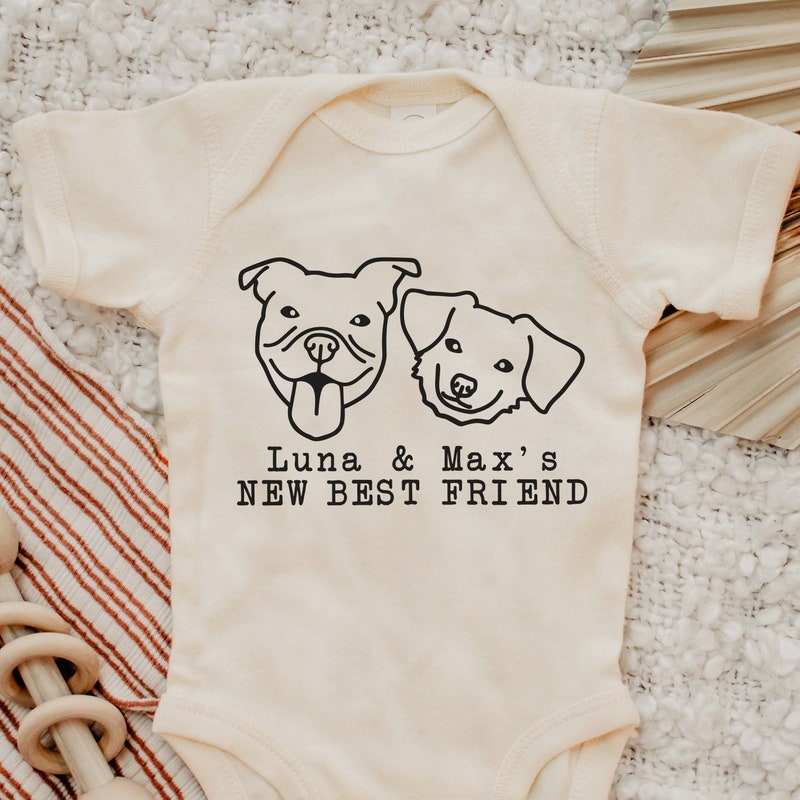Choosing a baby gift can feel like navigating a maze—especially when you want to honor a little one’s unique needs. If you’re looking for a thoughtful present for a baby with a history of genetic conditions, you’ll want to blend safety, comfort, and personalization into a single, charming package. This guide will walk you through the essential steps, from understanding medical nuances to assembling a hamper that feels both luxurious and practical. Ready to make a gift that’s as special as the tiny recipient? Let’s dive in.
Understanding the Unique Needs of Babies with Genetic Conditions
Common Genetic Conditions to Consider
When a baby has a genetic background that affects development or health, certain conditions often come up. These include:
- Fragile X syndrome – can influence sensory processing Cystic fibrosis – may require specialized feeding items Down syndrome – often benefits from sensory-friendly toys Congenital heart defects – may need gentle, low-impact gear
Knowing the condition can help you pick items that avoid triggers or provide extra support. It’s not just about what the baby can use—it’s about what will make their day smoother.
Sensitivities and Medical Considerations
Babies with genetic conditions often have heightened sensitivities. Think of it like a finely tuned instrument that can be easily rattled. Here are key sensitivities to keep in mind:
- Skin reactions – some babies are prone to eczema or allergies, so hypoallergenic fabrics are a must. Sensory overload – bright colors or loud sounds can be overwhelming; muted tones and soft textures are preferable. Feeding challenges – specialized bottles or nipple sizes may be required for babies with swallowing difficulties.
The goal is to create a hamper that feels like a gentle hug rather than a whirlwind.

Key Factors When Selecting a Gift Hamper
Safety First – Non‑Toxic Materials
Safety is the cornerstone of any baby gift. Look for items that meet strict safety standards:

- Lead‑free paint on toys Phthalate‑free fabrics BPA‑free bottles
Ask retailers for certificates or look for reputable brands that advertise their compliance. Remember, the baby’s first interactions with the world are all about learning what’s safe.
Customization Options
A personalized hamper shows that you’ve thought about the baby’s specific needs. Customization can be subtle but powerful:
- Monogrammed blankets in soothing colors Name‑engraved pacifiers that double as a keepsake Custom labels on feeding bottles indicating “low‑sugar” or “hypoallergenic”
These touches make the hamper feel uniquely theirs, turning a simple gift into a treasured memory.
Size and Practicality
Babies with medical histories often have caregivers who juggle many responsibilities. A hamper that’s too large or cluttered can become a burden. Aim for a compact, organized bundle:
- A sturdy, lightweight basket Clear compartments or dividers A label or card with a short, reassuring note
Practicality ensures the gift is used, not stored away.
Building the Perfect Hamper
Essential Items to Include
Below is a checklist of must‑have items that combine safety, comfort, and utility:
- Soft, organic cotton swaddles – breathable and gentle Hypoallergenic baby wipes – free from fragrance Low‑sugar, nutrient‑dense formula – if recommended by a pediatrician BPA‑free, silicone feeding bottles – easy to clean Quiet, sensory‑friendly toys – such as plush animals with subtle textures A small, hand‑made blanket – perfect for cuddles
These staples cover the basics while respecting medical sensitivities.
Optional Extras That Add a Personal Touch
If you want to elevate the hamper, consider adding:
- A personalized storybook featuring the baby’s name A soft, weighted blanket (if the baby’s condition allows) A small, hand‑crafted keepsake like a wooden toy with a smooth finish A set of calming, low‑frequency lullabies on a USB drive
These extras show that you’re thinking beyond the essentials, offering both comfort and joy.
Where to Find or Create the Ideal Hamper
Buying from Specialized Retailers
There are several online and brick‑and‑mortar stores that specialize in gifts for babies with medical needs. Look for:
- Reputable pediatric supply stores that list safety certifications Boutique baby shops that offer custom packaging Medical supply companies that provide items like specialized feeding bottles
These retailers often have knowledgeable staff who can guide you through the selection process.
DIY Hamper Ideas
If you enjoy a hands‑on approach, a DIY hamper can be both heartfelt and cost‑effective. Here’s a quick recipe:
Choose a sturdy basket – wooden or woven, with a smooth finish. Add a layer of organic cotton batting for cushioning. Fill with the essentials from the checklist. Wrap the entire hamper in a soft, neutral‑colored cloth. Attach a handwritten card with a warm, encouraging message. A DIY hamper lets you tailor every detail, ensuring it meets both safety and aesthetic standards.Making Your Selection Count
“Choosing the right gift is less about the item itself and more about the love and thought you pour into it.” – Dr. Emily Carter, Pediatrician
When you assemble a baby gift hamper for a child with a genetic condition, you’re not just giving a bundle of items—you’re offering peace of mind to parents and a gentle introduction to the world for the baby. Have you ever wondered what makes a gift truly memorable? It’s the blend of safety, personalization, and practicality. By keeping those three pillars in mind, you’ll create a hamper that feels like a warm hug wrapped in care.
Remember, the best gifts are those that respect the unique journey of the recipient while celebrating their individuality. As you hand over your carefully curated hamper, you’ll not only bring a smile but also a sense of reassurance that the baby’s needs are understood and met.
Take the time to research, ask questions, and, most importantly, let your compassion guide you. The perfect gift awaits, and it’s yours to create.